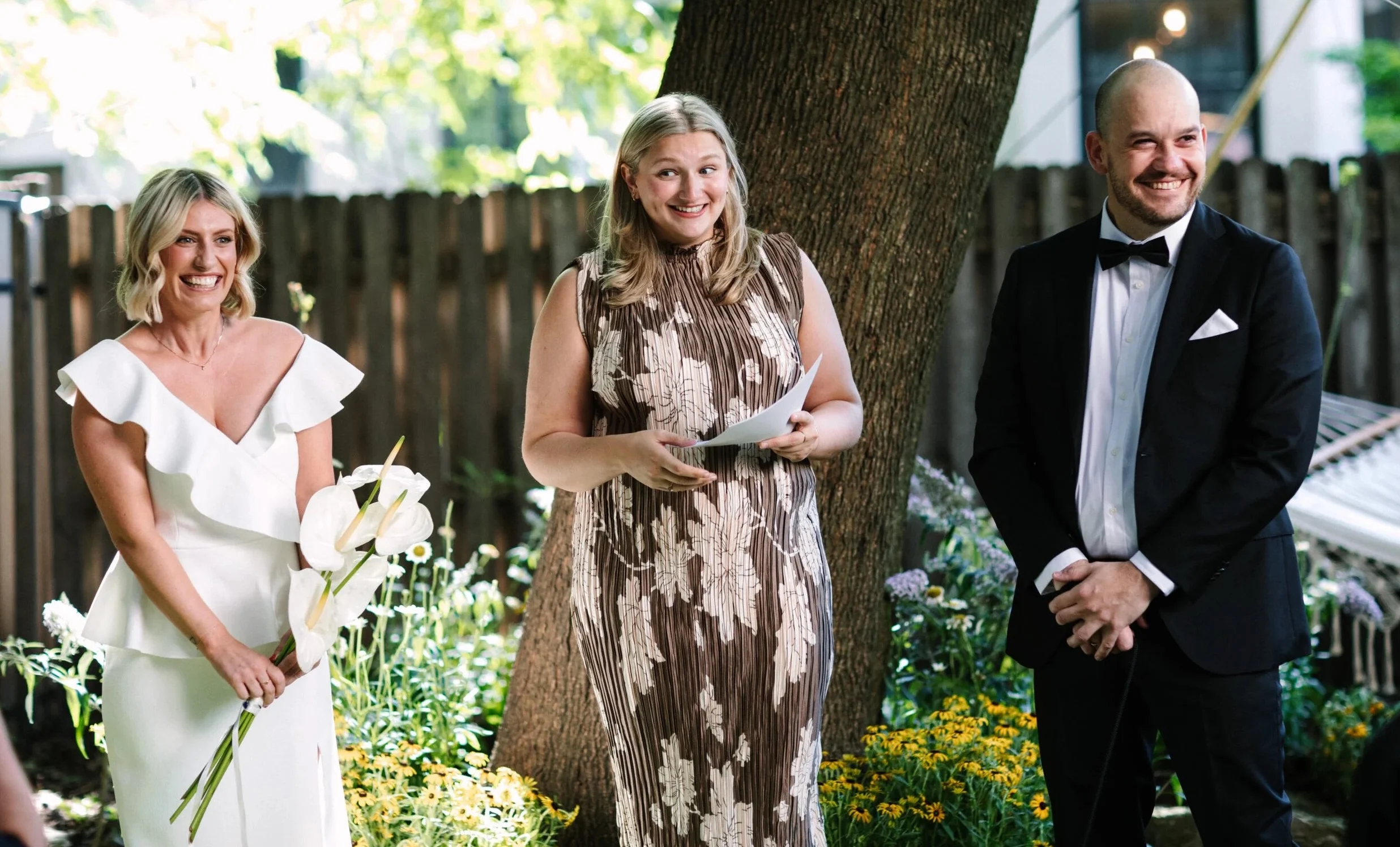
Memorable Wedding
Getting Ordained: The First Essential Step
Before you can officiate a wedding, you need to get ordained. This process is often more straightforward than people think and can be done online. It would help if you understood first how to get ordained in Alaska. Websites provide clear steps to become an ordained minister. Typically, these processes are concise, and once you have your ordination certificate, you can legally conduct wedding ceremonies. This simple but crucial step opens the door to helping couples celebrate one of the most important days of their lives. It frees you to focus on making the ceremony unique, memorable, and personal.
Legal Requirements to Officiate a Wedding
States and countries have different legal requirements for conducting wedding ceremonies. Familiarizing yourself with these legalities ensures the ceremony is legally recognized. For example, some places may require you to register with a local government office before performing the wedding. Additionally, some jurisdictions might have specific forms and documentation to complete and submit. It’s advisable to check official government websites or consult with local authorities for comprehensive information on the legal requirements in your area. Being well-informed will allow you to conduct the ceremony smoothly and confidently.
Crafting a Personalized Ceremony Script
A wedding ceremony script is the backbone of the event, and its crafting should be done with utmost care and attention to detail. To make the ceremony memorable, incorporate anecdotes, cultural rituals, or personalized vows that resonate with the couple. For example, asking the couple for input on what they want to include and the tone they aim for—formal, casual, or humorous—helps create a script that speaks directly to their personalities and love stories. Such personalization transforms a standard ceremony into an unforgettable experience for everyone involved. Furthermore, including unique elements like poetry readings, unity ceremonies, or family traditions can add a meaningful touch to the ceremony, making it stand out from more generic ceremonies.
Essential Tips for Officiating Like a Pro
Practice Makes Perfect
Rehearse your script several times to ensure smooth delivery. Familiarity with the script helps you maintain a calm and confident demeanor. Practicing also allows you to time the different sections of the ceremony and make adjustments if necessary.
Engage the Audience
Make eye contact and engage with the attendees. Remember, a wedding ceremony is about the couple and the community of family and friends gathered to witness the union. Engaging the audience helps create a more intimate and inclusive atmosphere.
Pace Yourself
Speak clearly and at a manageable pace to ensure everyone can follow along. Rushing through the ceremony can make it hard for attendees to grasp the moment’s significance. Proper pacing allows for emotional moments to resonate more deeply with everyone present.
Stay Calm and Collected
Believe in your readiness and stay calm. A calm and confident officiant helps set a relaxed and joyful tone for the ceremony. Remember that small mistakes can often be smoothed over with grace and humor, so there’s no need to stress.
Common Mistakes to Avoid
Forgetting the Legalities
Double-check that all legal documents are signed and correctly filled out. Skipping this crucial step can cause significant issues for the couple later on. Ensuring everything is legally binding should be one of your top priorities.
Overcomplicating the Ceremony
Could you keep it simple and focused? Overloading the ceremony with fewer elements can drag it and cause it to lose its emotional impact. Stick to the essentials and add only those elements that have significant meaning to the couple. It ensures a balanced and impactful ceremony.
Poor Time Management
Balance the ceremony length to keep it meaningful yet concise. A lengthy ceremony can challenge guests’ patience, while a ceremony that’s too brief can feel rushed. Proper time management ensures the ceremony maintains its emotional weight without angering the attendees.
Real-Life Examples of Memorable Ceremonies
Wedding ceremonies vary in diversity like couples; memorable ones often include unique and personal touches. For instance, including unique cultural traditions like a “handfasting” ritual, where the couple’s hands are tied together to symbolize their union, can add profound significance. Another example is a unity sand ceremony, where different colored sands are mixed to represent the joining of lives. These symbolic acts make the ceremony memorable for the couple and everyone attending. Incorporating personal stories or favorite quotes into the vows can make a huge difference. When couples share anecdotes from their relationship or quote meaningful texts, it adds layers of meaning and authenticity to the vows exchanged. When intentionally integrated into the ceremony, these components enhance an experience everyone will cherish.
Resources for Aspiring Wedding Officiants
Continuous learning is critical to thriving as a wedding officiant. Websites offer extensive resources on officiating weddings, including template scripts and user forums where you can share experiences and tips with fellow officiants. Engaging with these communities can provide valuable insights and support as you navigate your officiant journey. Leveraging such resources ensures you stay updated and well-informed in your officiant journey. Continuous learning and resource utilization are vital to growing and improving as an officiant, ensuring each wedding ceremony you conduct is as unique and memorable as possible. Now that you’re equipped with the knowledge, legalities, and creativity needed to officiate a wedding, go out there and make someone’s big day truly special!
Keep an eye for more latest news & updates on Wellknown Figure!






